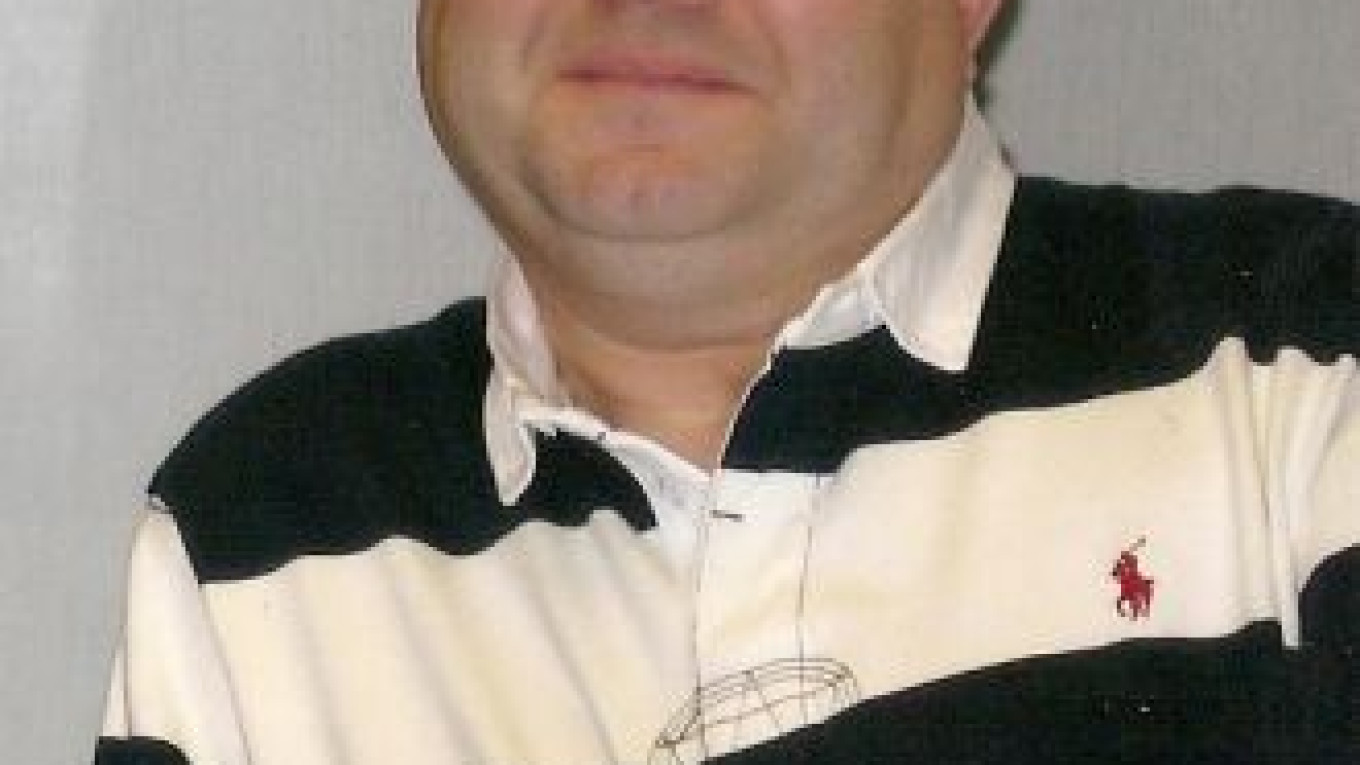WASHINGTON — A former top Russian spy who defected to the United States after running espionage operations from the United Nations, Sergei Tretyakov, has died in Florida, his wife and a friend said Friday. He was 53.
News of his death last month came on the same day that the United States and Russia completed their largest swap of spies since the Cold War.
Tretyakov, who defected in 2000 and later claimed that his agents helped the Russian government steal nearly $500 million from the UN's oil-for-food program in Iraq, died June 13. He was 53, according to a Social Security death record.
WTOP Radio in Washington first reported his death Friday. His widow, Helen Tretyakov, told the station that he died of natural causes.
She asked friends not to make the death public until the cause was determined, according to author Pete Earley, who wrote a 2008 book about Tretyakov. Earley wrote Friday on his blog that Tretyakov died of a heart attack at home, and an autopsy showed no sign of foul play.
The medical examiner's office in Sarasota County, Florida, said the autopsy report was pending. A woman who answered the phone at the office said it would be completed after July 26.
"Sergei was called 'the most important spy for the U.S. since the collapse of the Soviet Union' by an FBI official in my book," Earley wrote. "Unfortunately, because much of what he said is still being used by U.S. counterintelligence officers, it will be years before the true extent of his contribution can be made public — if ever."
A private funeral was held three days after Tretyakov's death, in keeping with Russian Orthodox tradition, and more than 200 people attended a service in the days after, Earley wrote.
Tretyakov was born Oct. 5, 1956, in Moscow. He joined the KGB and rose quickly to become the second-in-command of its UN office in New York between 1995 and 2000.
His defection in 2000 was very significant, said Peter Earnest, director of the International Spy Museum in Washington, who spent more than 30 years in the CIA.
Russia's spies in the United States would have come under Tretyakov's purview, Earnest said.
For up to a decade following his defection, the FBI kept watch over 10 Russian agents as they tried to blend into American suburbia. They were arrested last week and swapped Friday in Vienna for four people convicted in Russia of spying for the United States and Britain.
"That does bring into mind the question: Is that the sort of information he might have shared with the U.S. authorities?" Earnest said.
Tretyakov defected to the United States with his wife and daughter.
In a 2008 interview promoting Earley's book, Tretyakov said his agents helped the Russian government skim hundreds of millions of dollars from the oil-for-food program before the fall of Saddam Hussein in 2003. He told The Associated Press that he oversaw an operation that helped Hussein's regime manipulate the price of oil sold under the program, and Russia skimmed profits.
Tretyakov called his defection "the major failure of Russian intelligence in the United States" and warned that Russia, despite the end of the Cold War, harbored bad intentions toward the United States.
Tretyakov said he found it immoral to continue helping the Russian government.
"I don't see any light at the end of the tunnel. I'm not very emotional. I'm not a Boy Scout," Tretyakov said. "And finally in my life, when I defected, I did something good in my life. Because I want to help United States."
A Message from The Moscow Times:
Dear readers,
We are facing unprecedented challenges. Russia's Prosecutor General's Office has designated The Moscow Times as an "undesirable" organization, criminalizing our work and putting our staff at risk of prosecution. This follows our earlier unjust labeling as a "foreign agent."
These actions are direct attempts to silence independent journalism in Russia. The authorities claim our work "discredits the decisions of the Russian leadership." We see things differently: we strive to provide accurate, unbiased reporting on Russia.
We, the journalists of The Moscow Times, refuse to be silenced. But to continue our work, we need your help.
Your support, no matter how small, makes a world of difference. If you can, please support us monthly starting from just $2. It's quick to set up, and every contribution makes a significant impact.
By supporting The Moscow Times, you're defending open, independent journalism in the face of repression. Thank you for standing with us.
Remind me later.


